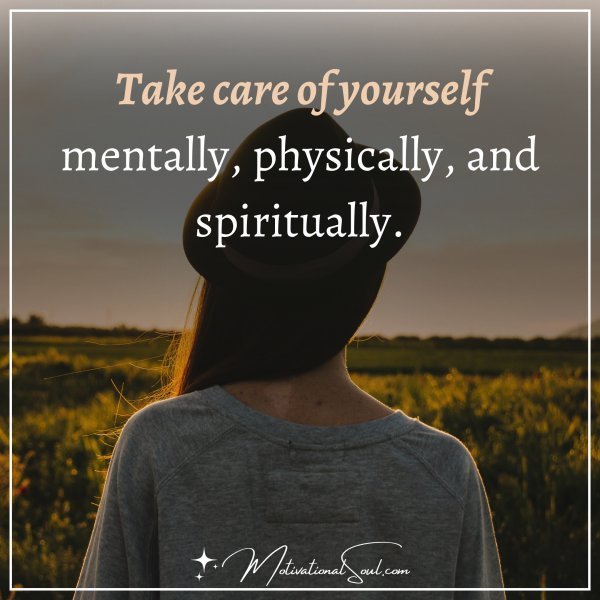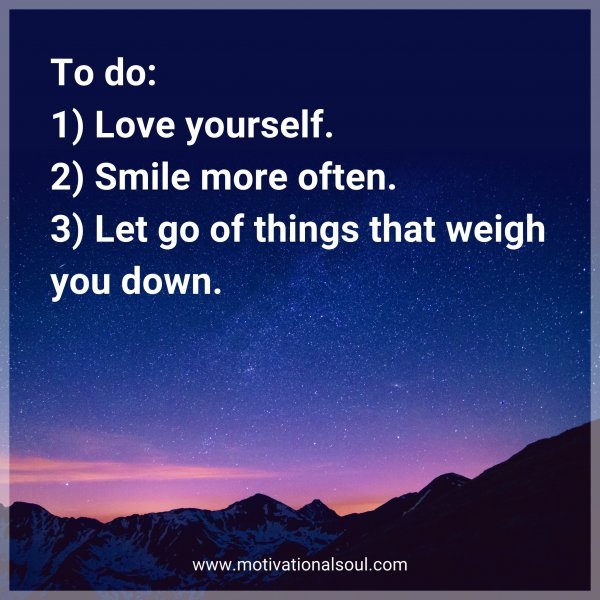Feeling Overwhelmed? Here’s How to Clear Your Mind

There are times in life when it feels like we are constantly being bombarded with thoughts. Maybe we’re preparing for a big presentation at work or trying to get our kids ready for school on time. And when that happens, it can be tough to find peace and calm. The good news is that there is a way to clear your mind and return to the present moment. All you have to do is acknowledge that you’re feeling overwhelmed in the first place!
Let’s explore a few ways to clear your mind:
1. Try priming your environment for relaxation.
If you’re looking for ways to relax, it might help to start by taking a look at your environment. Is your space clean and organized, or are there piles of clutter that make you feel stressed? Creating an environment that promotes peace and calm can be a helpful first step in relaxation. This might mean using soft lighting, diffusing Essential oils, or playing calming music. Taking a few minutes to create a relaxing space can make it easier to wind down at the end of the day and get a good night’s sleep.
2. Set an intention for your day.
As anyone who has ever tried to accomplish a goal knows, it is all too easy to get sidetracked and end up wasting time on activities that are not productive. One way to stay focused and achieve what you set out to do each day is to take a few moments at the start of the day to set an intention. This means taking a moment to think about what you want to accomplish and why it is important. By taking the time to clarify your goals, you will be more likely to stay on track and achieve them. In addition, setting an intention can help to centre yourself and start your day off on the right foot.
3. Take a few deep breaths.
When you feel like the weight of the world is on your shoulders, it’s tough to think rationally. Anxiety can cause physical symptoms like a racing heart, sweating palms, and shortness of breath. But there is one simple thing you can do to calm down quickly: take a few deep breaths.
Deep breathing has been shown to have a calming effect on the body and the mind. It helps to slow down your heart rate and clear your head. Just a few minutes of deep breathing can help you feel more relaxed and in control.
4. Practice mindfulness.
Mindfulness means being present at the moment and observing your thoughts without judgment. This can be a helpful way to silence the inner critic and simply let your thoughts pass through without getting caught up in them. Mindfulness can be practised in many different ways, but one simple way to get started is to focus on your breathing.
5. Get moving.
Exercise is a great way to release pent-up energy and clear your mind. Even a short walk around the block can help you feel more centred and grounded. If you have the opportunity to take a long walk or go for a run, even better! Getting your heart rate up and breaking a sweat can help to elevate your mood and improve your overall sense of well-being. And if you don’t have time for an extended workout, simply standing up and moving your body for a few minutes can help to increase your energy levels and focus.
6. Relax your body.
Tension often breeds in the body as well as the mind. So, it’s important to relax your muscles and release any built-up tension. Try doing some simple stretches or taking a hot bath. For stretches, you can try stretching your arms over your head and reaching for the sky. You can also try touching your toes or laying on the floor and letting your whole body go limp. For a hot bath, draw yourself a tub of warm water and add some soothing aromatics like lavender oil. Then, just lay back and let the stress melt away. You may also want to add some Epsom salts to help your muscles relax even further. Ultimately, taking some time to relax your body will help to reduce stress levels overall.
7. Connect with nature.
Being in nature has a way of refreshing the soul. If you’re feeling overwhelmed, take a step outside and take in all the beauty that surrounds you. Connecting with nature can also help reduce stress and anxiety, and it can even improve your mood and overall sense of well-being.
8. Spend time with loved ones.
Being around those we love is one of the most powerful stress relievers there is. When we’re with people who make us feel good, our body relaxes and the tension melts away. The very act of talking and connecting with others has been shown to boost our mood and lower levels of the stress hormone cortisol.
But it’s not just the emotional benefits of spending time with loved ones that help reduce stress. Physical touch is also incredibly beneficial. Research has shown that hugging, cuddling and even simply holding hands can help lower blood pressure and heart rate, as well as reduce anxiety and depression. So next time you’re feeling stressed, take some time to connect with those you love, and you’ll be sure to feel better in no time.
9. Do something creative.
Expressing yourself through art, music or writing can be a great way to reduce stress and clear your mind. When you’re focused on being creative, it’s difficult to also focus on negative thoughts. So, go ahead and let your creativity flow!
10. Disconnect from technology.
Our world is increasingly digital, and it can be easy to get caught up in the constant flow of information. This can be overwhelming and lead to anxiety and stress. So, make a point to disconnect from technology and give yourself a break from constant stimulation. Turn off your phone, put away your laptop, and take a walk outside. Take a deep breath and relax. When you’re feeling refreshed, you can reconnect with the world.
11. Write your thoughts down.
Sometimes, the best way to deal with our thoughts is to simply get them out of our heads and onto paper. So, if you’re feeling overwhelmed, grab a pen and paper and start writing. Don’t worry about making sense or being neat. Just let your thoughts flow freely. Once you’ve got them down on paper, you may find it easier to let them go.
12. Practice self-compassion.
We all have days when we feel like we can’t handle everything. Maybe we made a mistake at work or got into an argument with our partner. Whatever the case may be, it’s important to be gentle with ourselves. This is where self-compassion comes in. According to Kristin Neff, a leading expert on self-compassion, it involves three components: self-kindness, common humanity, and mindfulness. Instead of beating yourself up or comparing yourself to others, you treat yourself with kindness and understanding. You acknowledge that everyone makes mistakes and has tough days, so you don’t need to be perfect. And finally, you’re present with your difficult emotions instead of running away from them. If you find yourself being hard on yourself, try practising self-compassion. It could make a world of difference.

13. Let go of perfectionism.
Perfectionism is often at the root of our anxiety and stress. We put so much pressure on ourselves to be perfect that we can’t enjoy life or find peace. So, it’s important to let go of this need for perfection and simply do your best. When you start Being okay with imperfections, you’ll find it easier to relax and clear your mind.
14. Seek professional help.
If you’re struggling to cope with anxiety or stress, it’s important to seek professional help. A therapist can provide you with tools and support to help you manage your symptoms and feel better.
15. Take some time for yourself.
It can be tough to find time for self-care, but it’s worth it if we want to stay mentally healthy and happy. Make sure you set aside some time each week just for yourself. Nurture yourself by doing something that relaxes and makes you happy. This can be anything from reading a book, going for a walk outside, or taking a yoga class. Just make sure to schedule some time for activities that bring you joy.
Conclusion
If you’re feeling overwhelmed, remember that help is available. Many of us struggle with anxiety and stress, but there are resources to assist us. If you’re looking for ways to improve your clarity and creativity, try out some of the tips above. If you need more help than what these tips can offer, don’t be afraid to ask professionals for assistance. Thanks for reading!




Recent Comments